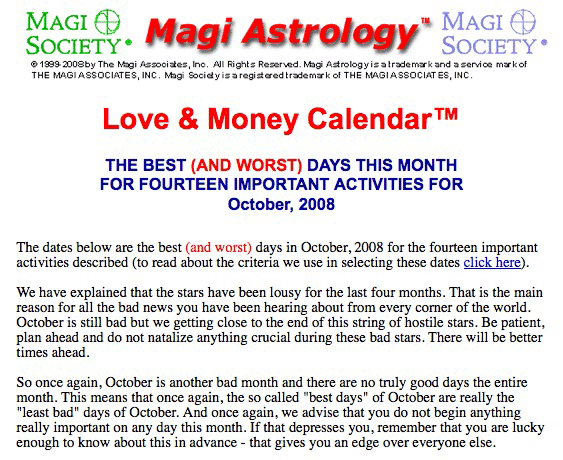The Persistence of Tradition in Contemporary Society
CASE 5: Popular Belief in Ancient China
The scholar Wang Chong (27 – 97) criticized as superstition the practices associated with divination texts during the first century CE. Moreover, as Voltaire noted in his Philosophy of History, educated Chinese typically kept their distance from superstitious practices. This attitude had been common among the highly educated from about the 9th century onward, in part because some of China’s most revered poets, including Han Yü, Su Shi, and Lu You (see biographies), often criticized the tyranny of superstition over the poor and uneducated. In traditional China, however, people were generally permitted to follow their own spiritual preferences, and so the publications of famous writers did not prevent people from consulting diviners, divination texts, or almanacs in daily life.
When the Communist Party assumed power in China thirty years ago, they applied to China many of the attitudes that had become orthodox in the Soviet Union, and so almanacs were strictly banned, along with divination and many other folk practices. Today the state media have returned to the practice of ridiculing such beliefs as superstition, but refrain from repressing them. Indeed, the rapid expansion of public space and the globalization of culture have permitted a resurgence of traditional folk practices in cyberspace. Specialists maintain individual web sites that cater to the needs of interested parties. Almanacs and astrology work their way into the daily news, heralding the re-emergence of traditional notions of time in people’s lives. Even some government agencies quietly retain geomancers to advise on architectural design in accordance with energy fields inherent in the landscape. Various physical remedies, such as stone turtles, can be found in discrete locations around some government complexes, following the advice of ritual specialists. In these ways people hope to avoid harm and to improve health, prosperity and well-being.
In addition, Greek astrology has become popular among young people in China and other East Asian countries via the Internet, cell phones and other forms of wireless communication. Contemporary astrology offers advice on issues of interest to young urbanites across the globe, such as career, personality, or romance. Not surprisingly, Greek astrology is used in combination with Chinese almanacs. With the increasing use of information technology, we may see an even subtler integration of “traditional knowledge” into the rhythm of modern life. One can imagine that, before long, you will be able to receive text-messages on your cell phone making use of Global Positioning to inform you that a perfect astrological match has come within 20 meters of your position and that it is an auspicious day to ask for a date.
Something like this has become popular in the U.S. in recent years. A visit to the website maintained by the Magi Society will allow one to obtain advice on good and bad days to carry out any number of important life events:


Although written in English for a largely American audience, this business originated in China. It informs the user of lucky and unlucky days for initiating different kinds of important undertakings.
And so, just as people in China today make use of ancient Greek astrology, so are people in the West incorporating Chinese folk tradition into their modern lives. Such practices force us to recognize that the apparent triumph of science over superstition has never been absolute. It seems that humans often want to obtain some control over the future and that, though science can reliably predict many kinds of events, these are not always those that matter most to the man or woman on the street. For those kinds of events, people still turn to the ancient arts for advice, and for solace.

